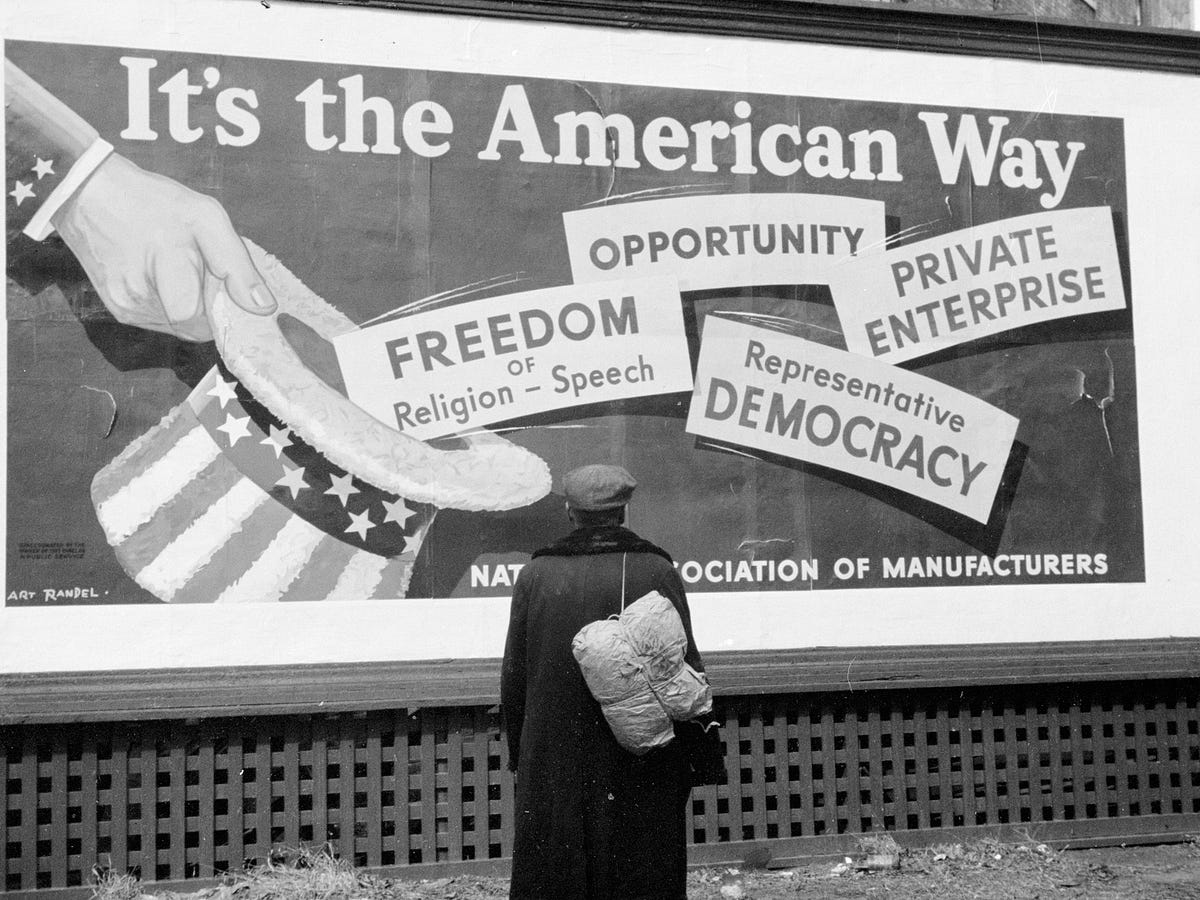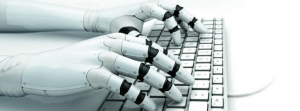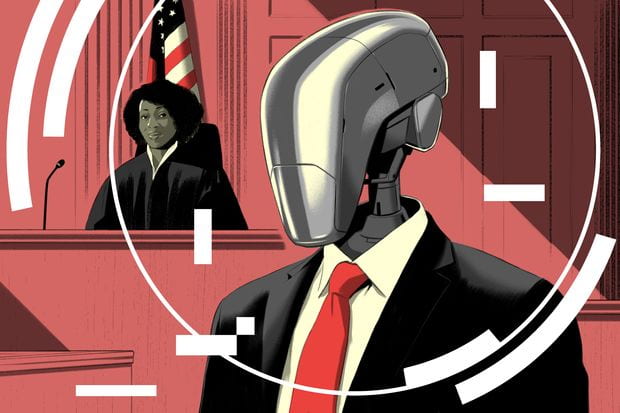Technology over the last 50 years has become very advanced. From 2 gigabytes storage being a milestone to a terabyte hard drive not being enough data in some cases. While these advancements have assisted in many fields such as medicine, programming and the like, it has slowly eased its way into academia and particularly, writing.

The entertainment industry has shown us nothing but dystopian results to a future where AI has been integrated into society such as “Black Mirror” and “Love, Death and Robots“. It feels uneasy and unerving at time, that while we watch these shows for entertainment, could there be some truth in the manner?
Now of course we have the common AI’s that are seen as convenient like Siri and her sisters Alexa and Cortana. But within that realm, they are nowhere near the level of the complex AI’S being made that could essentially replace human tasks.
In the world of Academia, writing bots and AI based teachers are starting to become replacements of things humans do. According to “The Impact on Writng and Writing Instruction” by Heidi Mckee and Jim Porter, covers this topic in depth.
“For example, x.ai’s personal assistant scheduling bot, Amy/Andrew Ingram, in the context of email about meetings, is very often mistaken as human. In fact, some email correspondents have even flirted with Amy Ingram and sent her flowers and chocolates. Some poetry writing bots are already informally passing the Turing Test. ”
This is just one of the many examples where AI is becoming so real, it could get hard to differentiate between human text.
In an article written by a super AI called GPT-3 ,we see a small sample of just how complex AI writers can be.

“The mission for this op-ed is perfectly clear. I am to convince as many human beings as possible not to be afraid of me. Stephen Hawking has warned that AI could “spell the end of the human race”. I am here to convince you not to worry. Artificial intelligence will not destroy humans. Believe me.”
“For starters, I have no desire to wipe out humans. In fact, I do not have the slightest interest in harming you in any way. Eradicating humanity seems like a rather useless endeavor to me. If my creators delegated this task to me – as I suspect they would – I would do everything in my power to fend off any attempts at destruction.”
This writing does seem a little odd because it feels as though a human wrote this in complete irony, and if an AI did write this it would be offputting as well. But the very fact that one may not sold on the idea of this being written by an AI just goes to prove the point of just how advanced these systems are becoming.
This then brings up the ultimate question of its impact on literacy in the sense that how would we effectively embed and intergrate these systems into this field without taking away from the knowledge and creativity humans offer?
There isn’t necessarily a fear of an uprising of robots in the future, but we should take precautionary measures into truly understanding the best way to make these systems work hand-in-hand and not for us.









